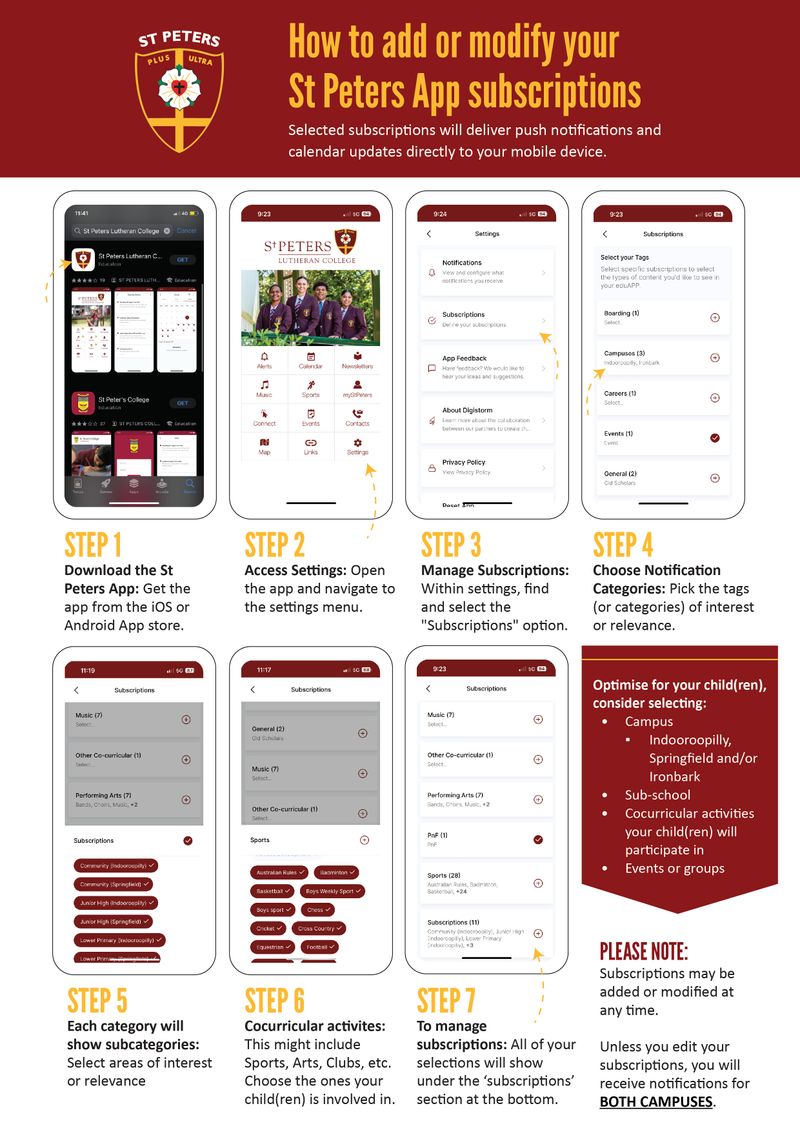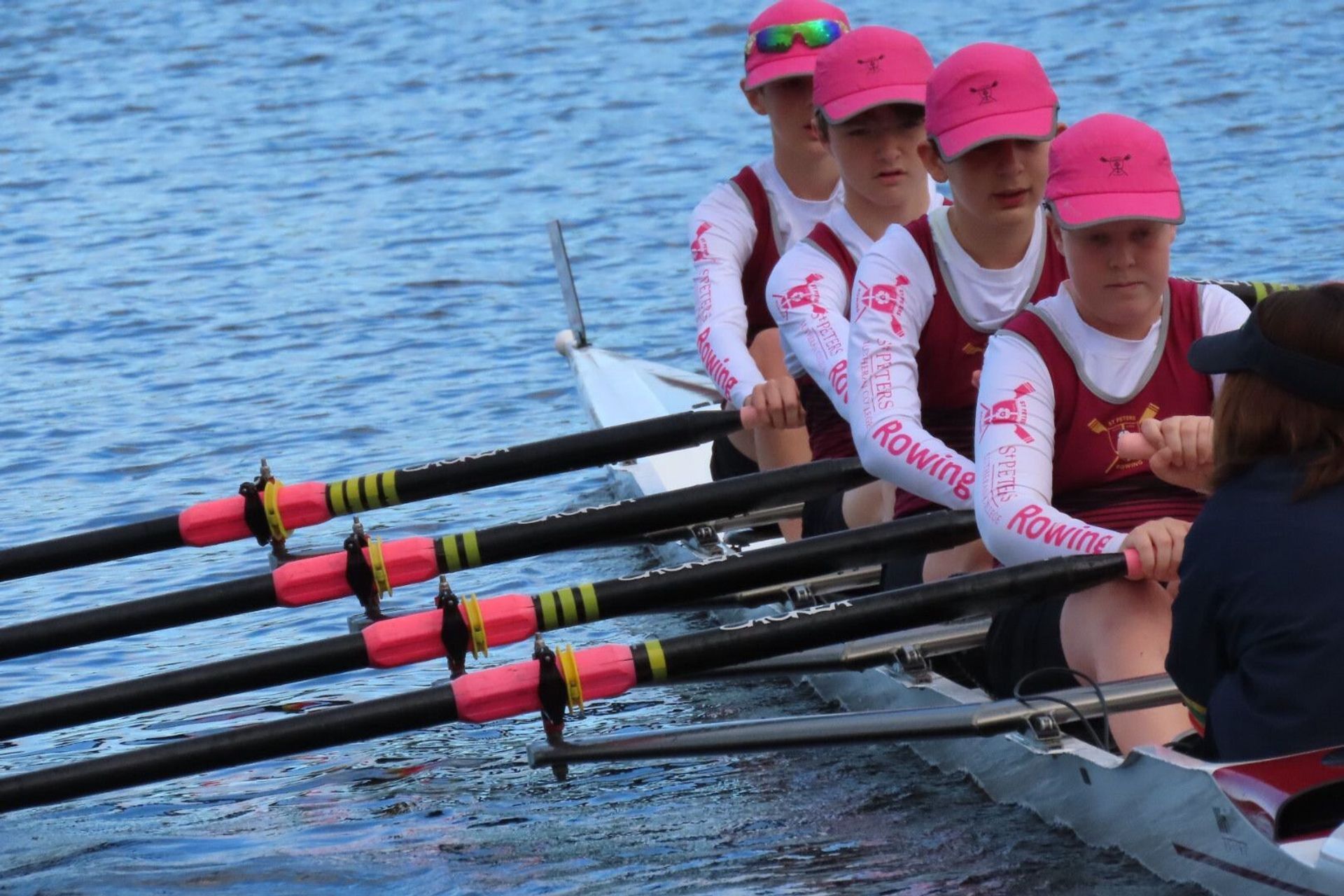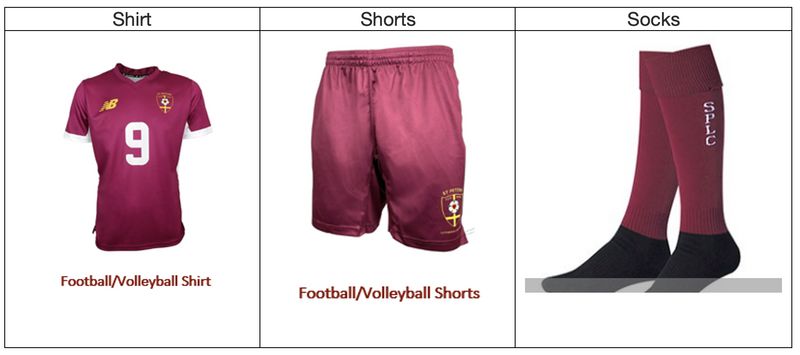Exploring the Benefits of Play-Based Learning and an International Baccalaureate (IB) PYP Education
In the realm of education, the significance of play-based learning for children cannot be overstated. It offers a window into understanding their knowledge, skills and attitudes through authentic and developmentally appropriate experiences. From the very outset of their educational journey, children come equipped with innate abilities as learners. It is through astute observations, assessments and professional judgment that educators glean insights into each child’s unique learning preferences.
This approach extends seamlessly into Year 1 and Year 2, where this gathered information plays a pivotal role in tailoring educational plans to meet the individual needs of each child. Key to this process is the understanding among practitioners that activities must progress in line with the developmental stages of the children. Thus, the role of the teacher transitions into that of a keen listener, observer and meticulous documenter of the children’s learning journeys.
The initial encounters of children with new materials and learning spaces set the tone for an inquiry. This phase becomes an opportune moment for educators to keenly observe and listen to children's interactions and dialogue. Viewing themselves as researchers, educators employ various tools such as note-taking, photography and video documentation to capture the essence of the student’s learning experiences.
Central to this pedagogical approach is the underlying notion that through imagination and play, lives can be enriched and interconnected. This principle is vividly exemplified as Prep students harness their creative thinking to transform simple sticks into objects of wonder through the power of imagination. Exploration through literature, such as the popular story ‘It's Not a Stick,’ further ignites their imaginative faculties, fostering a deep engagement with the material and consolidating their understanding of print.
The journey of exploration does not halt there; it extends into delving deeper into the concept of ‘Imagination’. Through mediums like photographs, videos and transcribed narration, the learning journeys of children are vividly documented, offering insights not only to teachers but also to parents and the students themselves. By leveraging favourite picture books, educators stimulate discussions that encourage imaginative thinking and reinforce literacy skills.
In this dynamic environment, each child’s voice is esteemed, and their ideas find representation in a class book, fostering a sense of ownership and pride. Writing for a purpose becomes a motivating force, propelling students into deeper engagement with the learning process. The integration of art and literacy seamlessly into play-based learning further enhances the holistic development of children.
Play, in its various forms, can be categorised into structured and unstructured play, each bearing its own significance in nurturing curiosity and purposeful learning. While structured play facilitates the recognition of patterns and achievement of predefined goals, unstructured play empowers children to explore possibilities and create from scratch.
Both forms of play are indispensable for a child’s holistic growth and wellbeing, striking a delicate balance between logical and creative thinking. As children embark on their journey as lifelong learners, play remains a timeless companion, enriching their lives and fostering boundless growth and exploration.
Mrs Susan Allenspach-Kuss
Primary Years Curriculum Coordinator









